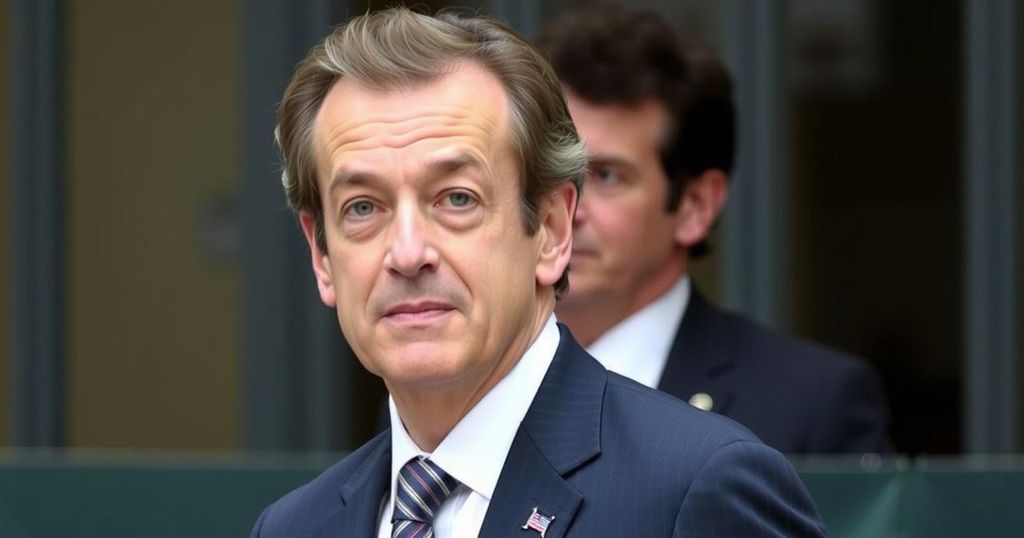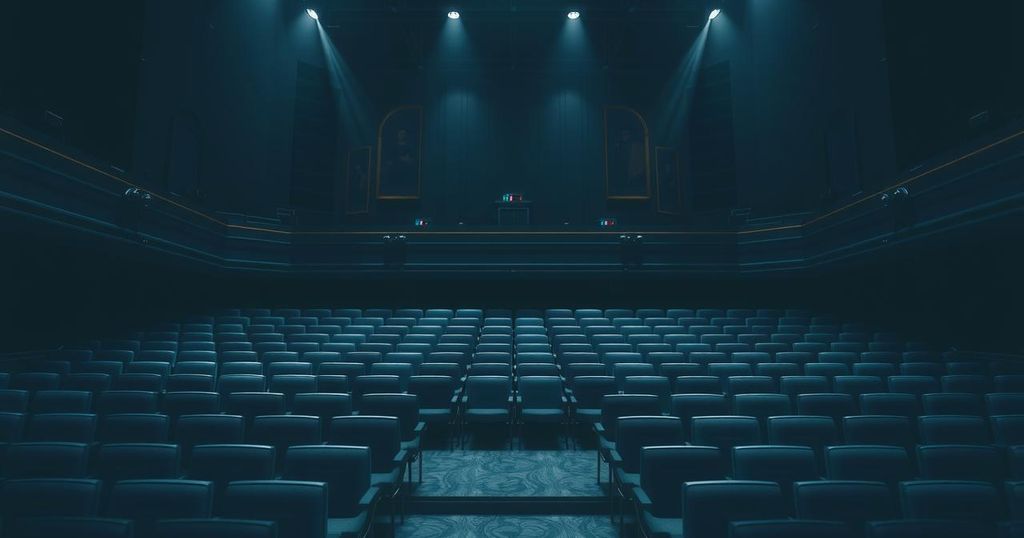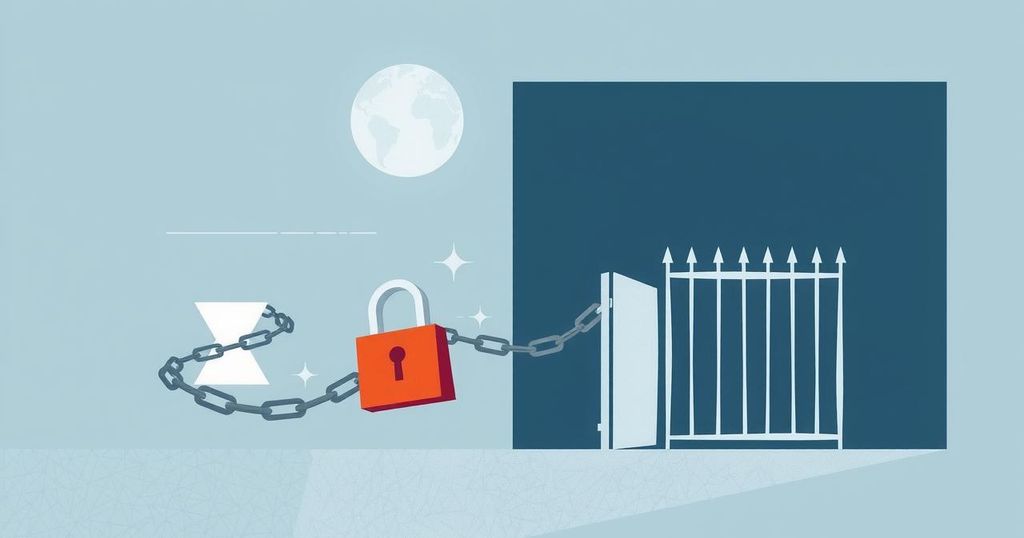Nicolas Sarkozy Faces Trial Over Alleged Gaddafi Campaign Financing
Nicolas Sarkozy has gone on trial in Paris over accusations of receiving millions from Gaddafi for his 2007 campaign, denying the allegations. Twelve co-defendants face similar charges. His wife is also implicated in connection to the case. The trial could result in a prison sentence of up to a decade if Sarkozy is found guilty.
Nicolas Sarkozy, the former President of France, has commenced trial proceedings in Paris concerning allegations of receiving illicit financial contributions from the deceased Libyan leader, Colonel Muammar Gaddafi, to fund his 2007 presidential campaign. Prosecutors assert that Sarkozy offered to mitigate Gaddafi’s negative image among Western nations in exchange for financial support. At 69 years of age, Sarkozy has consistently refuted these claims, attributing the charges to individuals with ulterior motives aimed at undermining his reputation.
The origins of the investigation trace back to 2013, spurred by allegations from Saif al-Islam, Gaddafi’s son, who contended that Sarkozy had accepted substantial monetary support from his father. Subsequently, Lebanese businessman Ziad Takieddine revealed that he possessed documentation indicating that Sarkozy’s campaign had been significantly financed by Tripoli, with payments estimated at €50 million continuing after Sarkozy took office as president.
Alongside Sarkozy, twelve other defendants implicated in this purported agreement with Gaddafi are also on trial, all of whom deny any wrongdoing. Additionally, Sarkozy’s spouse, the former supermodel and singer Carla Bruni-Sarkozy, faces charges for allegedly concealing evidence related to the Gaddafi case and engaging with individuals to perpetrate fraud; she has also denied these accusations. Throughout the years, Sarkozy has been the target of multiple criminal inquiries following his 2012 election defeat.
Moreover, he is appealing a recent conviction regarding overspending during his re-election campaign, for which he received a one-year prison sentence, six months of which were suspended. In 2021, Sarkozy became the inaugural former French president to receive a custodial sentence due to attempts to bribe a judge and has since been permitted to serve his sentence under electronic monitoring instead of in prison. As he appeared in court recently, he did not have the monitoring device, pending final arrangements for his sentence. The trial, encompassing the so-called Libya connection, is anticipated to persist until April 10, with potential consequences including a prison term of up to a decade if he is found guilty.
The allegations surrounding Nicolas Sarkozy’s campaign financing have significant political ramifications within France and shed light on international relations during Gaddafi’s regime. Starting from 2013, the inquiries focused on financial misconduct, reflecting broader concerns regarding the influence of foreign funds in democratic elections. Sarkozy’s presidency (2007-2012) was marked by both controversies and high-profile reforms, making the current trial particularly scrutinized given its implications on his legacy. The Libyan context adds layers of complexity as it intersects with Western foreign policy objectives during the Arab Spring, particularly the NATO intervention in Libya in 2011 that led to Gaddafi’s overthrow.
The trial of Nicolas Sarkozy serves as a pivotal moment in French political history, illustrating the complex interplay of domestic and international influences on electoral integrity. As allegations of illicit funding from foreign leaders to bolster political campaigns come to light, the outcome could significantly impact Sarkozy’s future, as well as the credibility of the French political system. With potential ramifications extending to his family and associates, this trial is expected to capture considerable public and media attention until its conclusion in April.
Original Source: www.bbc.com




Post Comment